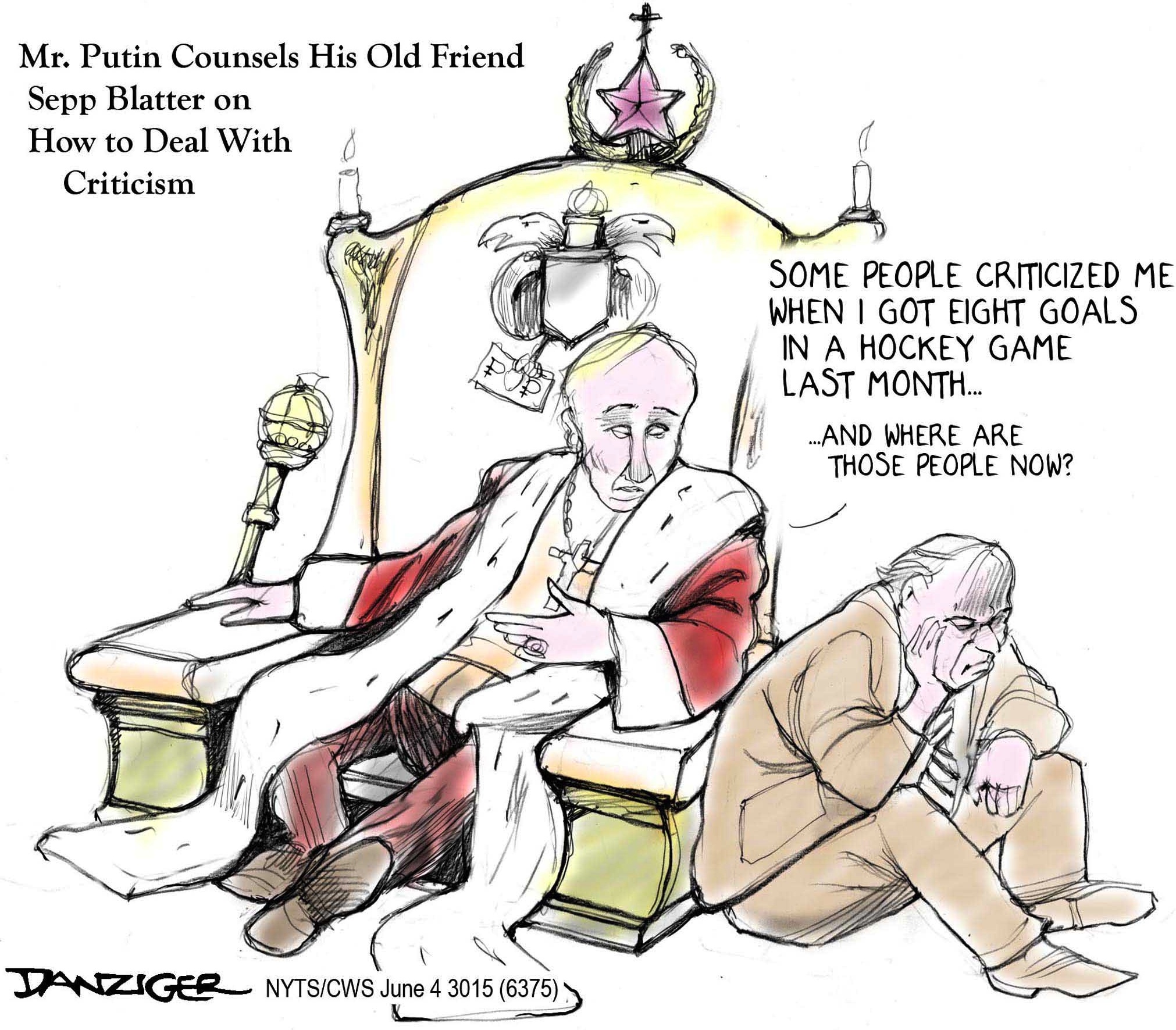In his 1970 treatise "Exit, Voice, and Loyalty," Albert Hirschman considered the three options that people have for responding to dissatisfaction with organizations, firms, and states: They can leave, demand change or concede. In the 45 years since the publication of his book, Hirschman's framework has been usefully applied in an extremely broad array of contexts. Likewise, using it to understand current Russian politics yields important insights.
In 2011-2012, many of Russia's well-educated, and relatively well off, citizens took to the streets to demand real democracy, hoping to use their "voice" to change the system from within. But Vladimir Putin, who had received an overwhelming electoral mandate to return to the presidency for a third term, was not listening; instead, he intensified repression.
So, when Putin invaded and annexed Crimea last year, open or latent dissenters had two options left: "exit" (by emigrating or withdrawing into private life) or express "loyalty" (through active or passive displays of acquiescence). With Putin's approval ratings routinely exceeding 80 percent, it seems that most Russians have chosen the latter option.

















With your current subscription plan you can comment on stories. However, before writing your first comment, please create a display name in the Profile section of your subscriber account page.